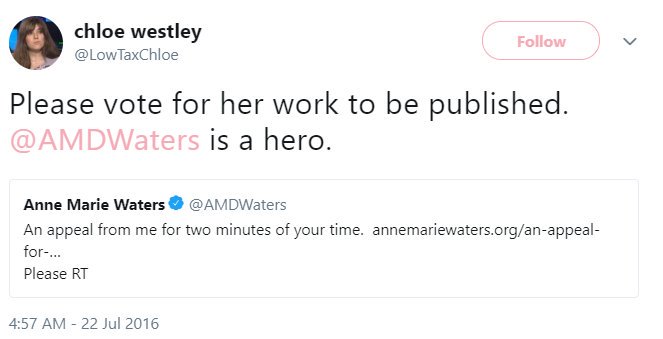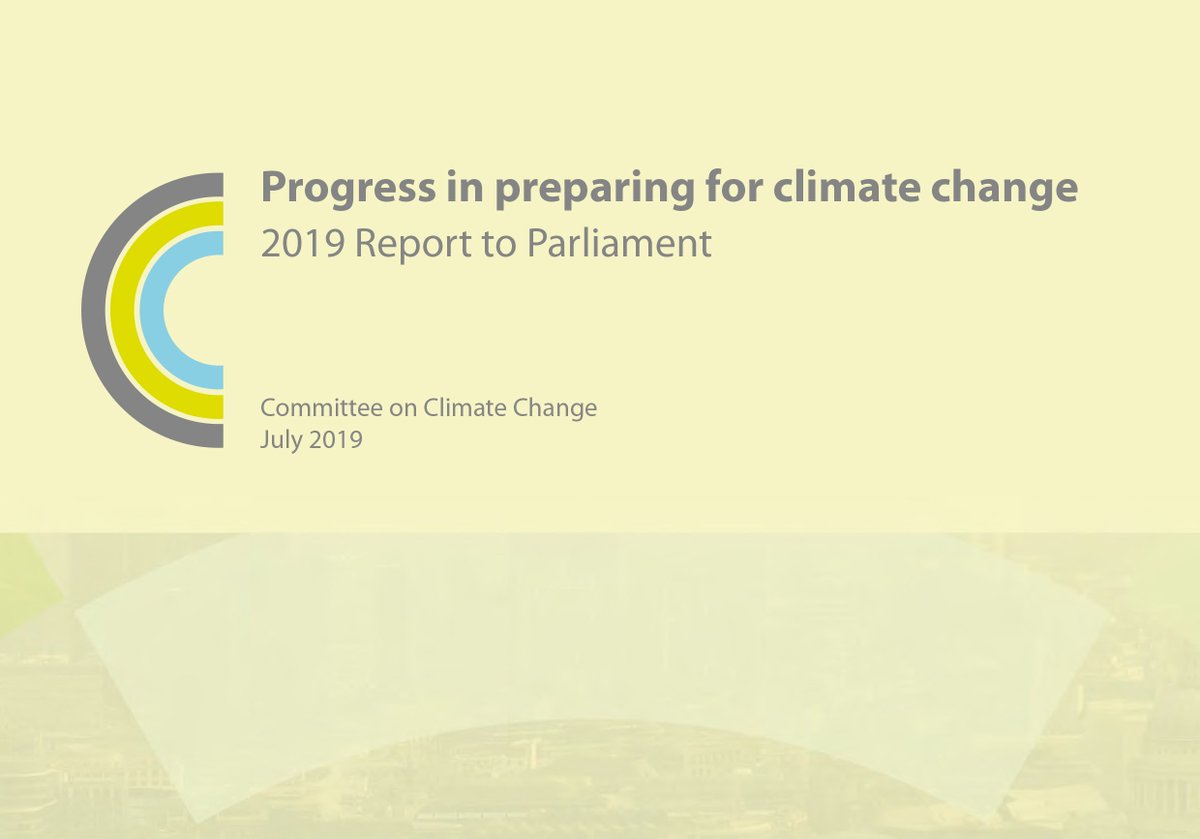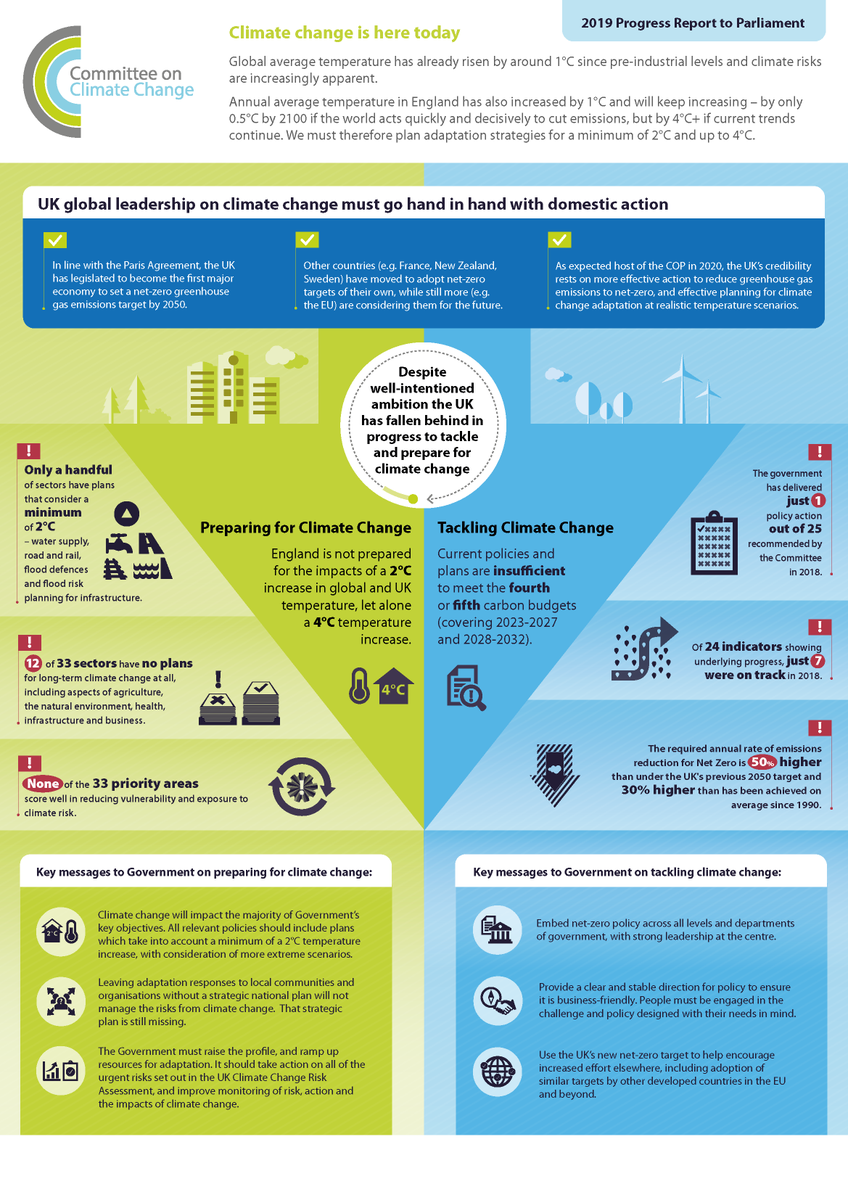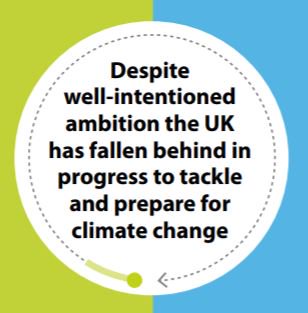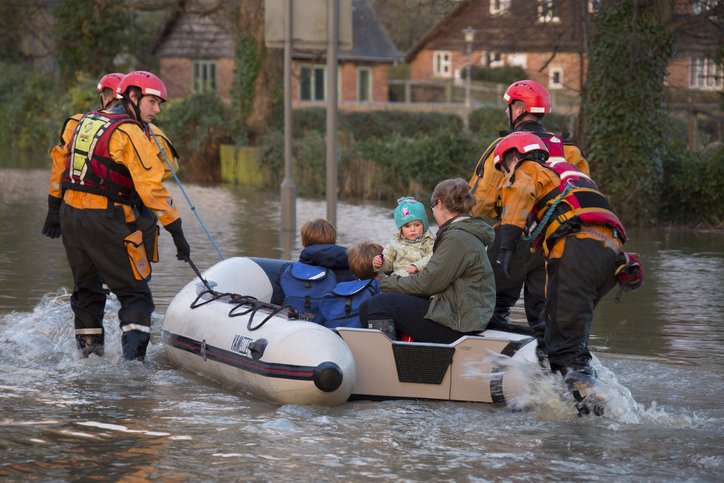of health. To uphold the right to health, states have an obligation to provide accessible health services and social conditions necessary for all citizens to realise the highest attainable standard of health”
but should include a holistic package of support services”
choice of employment, to just and favourable conditions of work and to protection against unemployment”.”
(They) must be able to earn an income that provides secure housing, adequate food...and education.”
are particularly deterred from reporting violence to the police because of the risk of deportation.”
to supplement their income while in sex work or when considering leaving sex work. Sex workers find themselves unable to secure alternate forms of employment when companies run background checks”
sex workers to absorb client risks and compromise their own safety to protect clients from detection.”
arrest shortens the time sex workers have to decide whether or not to get into a car.
This means less time to screen clients and negotiate services and price.”
deter sex workers from working together for safety”

